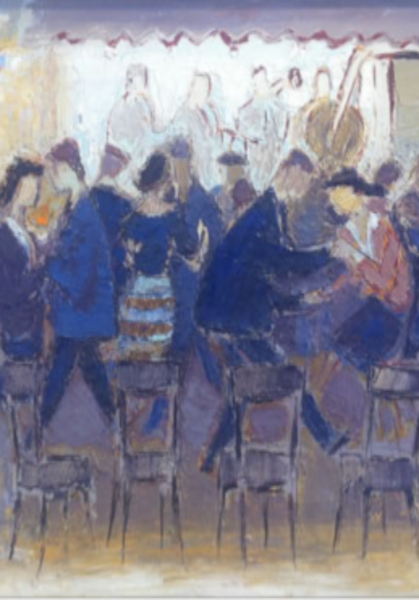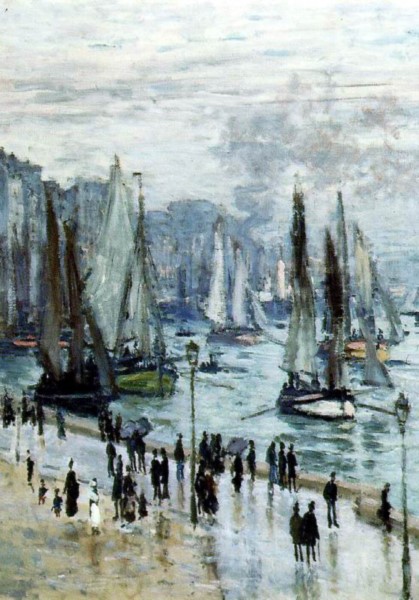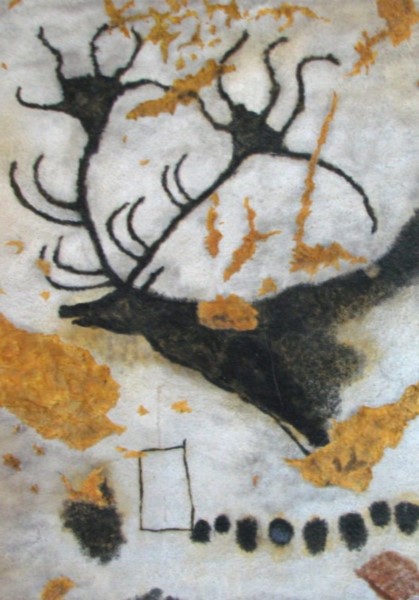Chief Editor
Gülru Çakmak, University of Massachusetts Amherst (gcakmak@umass.edu)
Associate Editors
Christine Adams, St. Mary’s College of Maryland
Kate Griffiths, Cardiff University
Rebecca Scales, Rochester Institute of Technology
Originating in 2009, H-France Salon is a multimedia journal of French Studies in its broadest sense, encompassing history, literature, cinema, art history, theory, and culture. Salons have included debates and collective reassessments of critical, methodological, and professional issues in our fields, tributes to influential individuals, recordings of conference presentations, webinars, and innovative blog projects. We welcome proposals that build on these initiatives or take us in new directions. Please contact us with ideas. (gcakmak@umass.edu)
Volume 16, Issue 16
08: FHS/WSFH Joint Conference (2023): March 18, 2023
Plenary Talk and Awards Ceremony
Speaker and Paper:
Jennifer J. Davis (University of Oklahoma): A Libertine’s Guide to Navigating Narrow Straits
A collection of similar papers, discussions, etc. published on H-France as “Occasional Papers” are available here.































